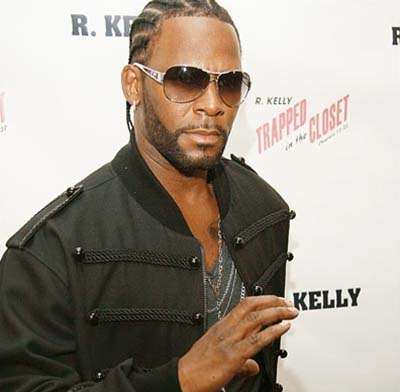 News flash: Joaquin Phoenix is still here.
News flash: Joaquin Phoenix is still here.
Not that you’d know from looking at the poster for his new movie and/or documentary “I’m Still Here.” The first time I saw the image, depicting an unkempt, unshaven, sun-glassed, homeless-looking man with a bad case of creeper, all I could think was, “Gee, Zach Galifianakis has really let himself go.”
But now knowing the man behind the wiry, hairy mask is acclaimed actor Phoenix — known for playing strong, nuanced roles in blockbusters like “Gladiator” and “Walk the Line” and underground films like Gus van Sant’s “To Die For” — and not a scruffy comedian best known for playing the most bizarre brother-in-law in recent comedic history casts the image in a whole new light.
Directed by Phoenix’s brother-in-law Casey Affleck, the film tells the tale — or claims to, anyway — of Phoenix’s career change from actor to rapper.
As if this idea wasn’t bad enough for our standards of decency and taste, the transition doesn’t go well.
In his zeal to become a rap star, Phoenix overshoots the mark and enters a downward spiral, descending into a dark, shattered world of drugs, sex and general debauchery, all of which is faithfully documented by Affleck and his crew.
At least, that’s what we’re supposed to believe.
Phoenix announced his retirement in late 2008, with most critics and members of the entertainment industry believing it to be a joke.
But as months passed without Phoenix breaking character, even during a much-publicized interview with David Letterman in which he appeared incoherent and dazed, opinions began to shift. Most people believed the whole retirement to be an elaborate hoax crafted by Phoenix and Affleck, attempting to pull one over on the film industry and general public alike.
It’s a theory that grew increasingly entrenched with every month. Now that “I’m Still Here” is finally in theaters, you can’t find a review of the film that doesn’t consider the possibility that this is all a sham — that Phoenix has not fallen off the deep end, and is not really deteriorating on a mental and physical level.
I haven’t seen “I’m Still Here” yet. I’m not even sure I’m going to.
But even without having to see it, I know there’s a much more important question to ask about this movie than, “Is it a hoax?” The real question is: How did our world become a place where that question is not rhetorical?
How did we reach a point where we ask not, “How could Affleck watch his brother-in-law descend into madness?”, but instead ask, “Is Affleck watching his brother-in-law descend into madness?”
And why have we as a society fostered the growth of a celebrity culture that may be driving this otherwise lucky and talented actor to a complete physical and mental breakdown?
We and the critics desperately want to believe “I’m Still Here” is a hoax. If it is a hoax, it can be laughed off, or treated as a sharp piece of satire we can note and promptly ignore. In three or four weeks, we can pretend it never happened, allocating it to the same level of film hell as Sacha Baron Cohen’s mockumentaries “Borat” and “Bruno.”
But if it is not a hoax — if Phoenix has been crushed by the pressures of fame and Hollywood, and if Affleck is sincerely documenting his collapse — then we will have to acknowledge that there is something truly wrong with our media- and celebrity-focused culture.
And that might be the hardest thing to believe altogether.





